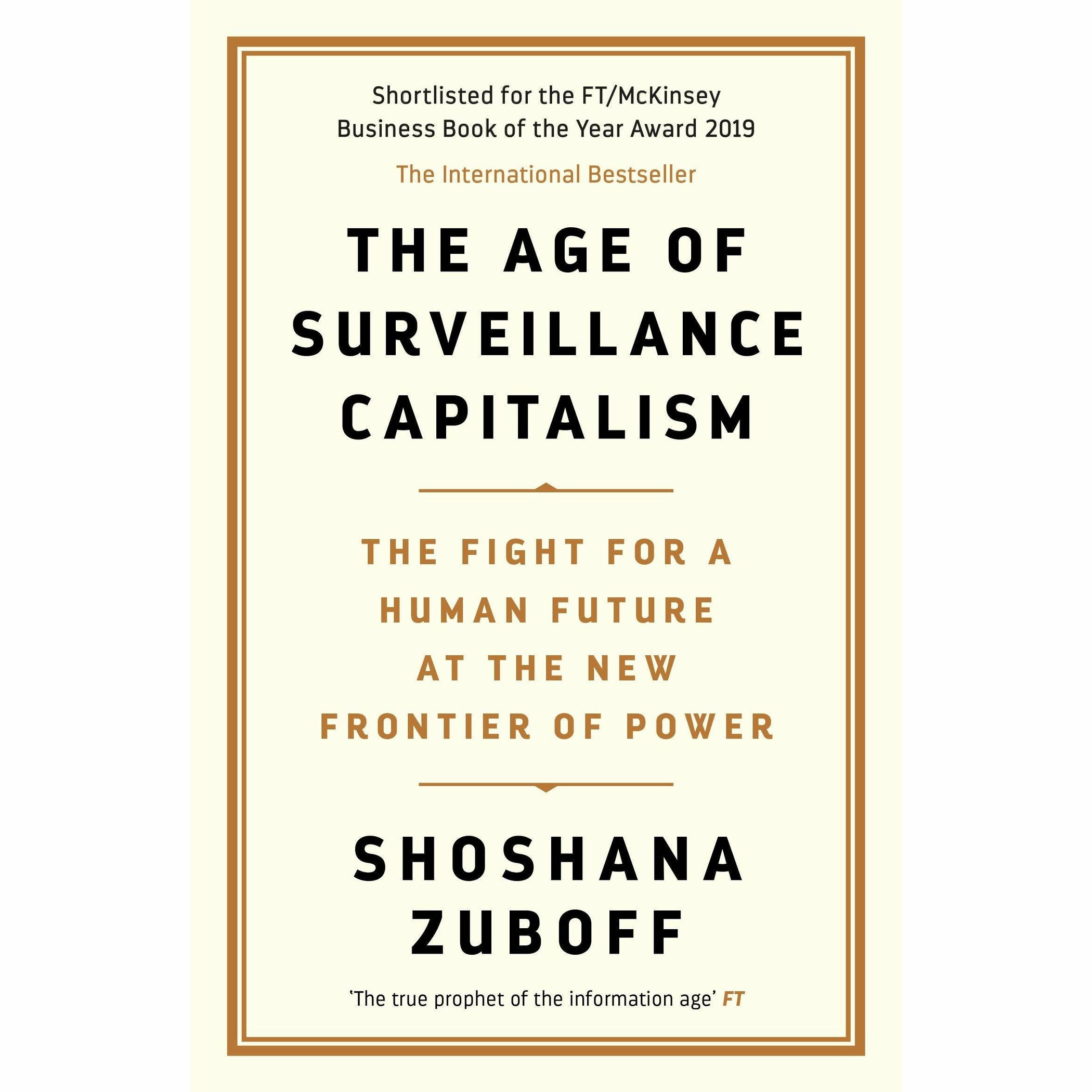

Because these tools are used by so many people - nearly one in three women in America, according to a 2019 Kaiser Family survey - any risk of compromised user data is extremely frightening. Abortion surveillance is not tech gone rogue, but business as usual.ĭuring the weeks following the initial leak of the Dobbs decision, many raised alarm over data collected by period and fertility trackers. The tools in place to facilitate ad targeting have seamlessly transitioned to becoming instruments of criminalization. In the case of abortion surveillance, this framework enables a symbiotic relationship between corporate profit motives and the interests of public law enforcement.

Coined by the sociologist Shoshana Zuboff in her 2018 book “The Age of Surveillance Capitalism: The Fight For a Human Future,” surveillance capitalism is a framework that describes the business models behind tech platforms, data brokers, and advertisers: Tech platforms track user data, which is used by data brokers to further personalize advertisements and improve their efficacy. The answer lies in surveillance capitalism. But this begs the question, why do health apps collect such data in the first place? Why is our location data constantly monitored? Why is every interaction, from card transactions to fridge openings, becoming digitized?

On this front, while some platforms like Google have announced protections, such as deleting location data relating to abortion clinics and fertility centers, many tech giants have remained silent. The public is primarily concerned about incrimination - when sensitive health data gets in the hands of law enforcement. As a result, the Dobbs decision has sparked a nationwide conversation about privacy and data ownership, which has translated to bipartisan attempts for data privacy legislation. Search queries, card transactions, and even location data have all been noted as sources of incriminating evidence. Experts have since pointed out that the full extent of data collection extends far beyond period-tracking apps. Many women soon after expressed concern over fertility and period-tracking apps, fearing that the data they share could be used to incriminate them. Jackson Women’s Health Organization in June 2022, 13 states outright criminalized abortion. After the Supreme Court’s decision in Dobbs v. His words resonate differently over a decade later, where tech giants find themselves at yet another crossroads. In response to concerns about Google’s privacy violations, then-CEO Eric Schmidt declared in 2009 that “if you have something that you don’t want anyone to know, maybe you shouldn’t be doing it in the first place.” While blunt, Schmidt made explicit what was already widely understood in tech industry circles - there is immense value in seeing, tracking, and knowing all.


 0 kommentar(er)
0 kommentar(er)
